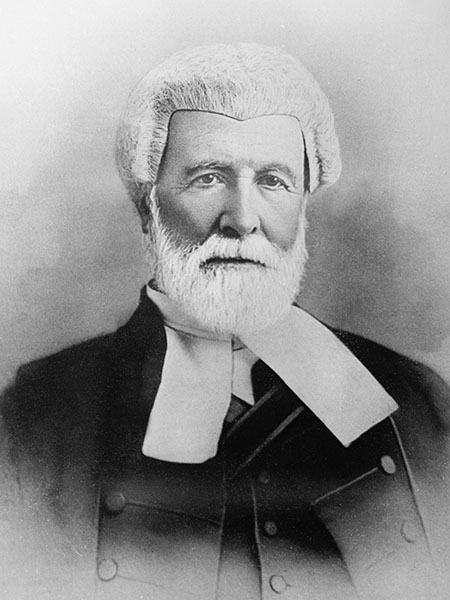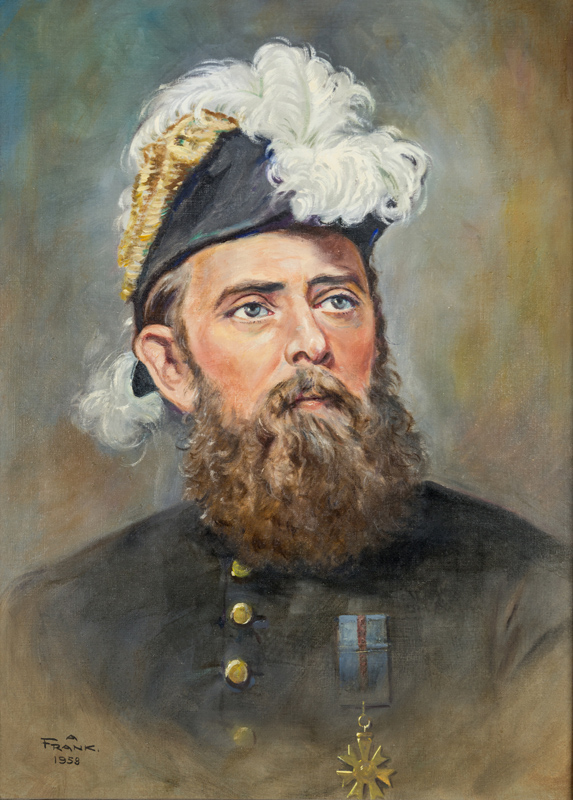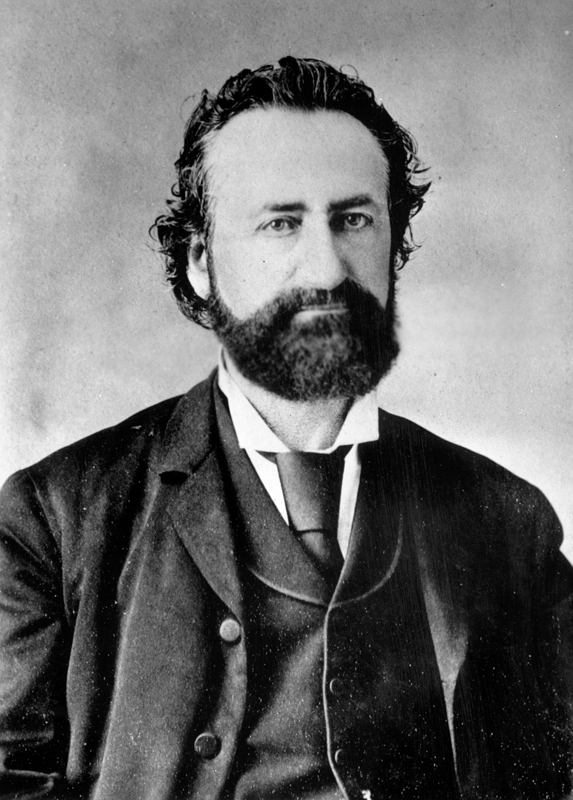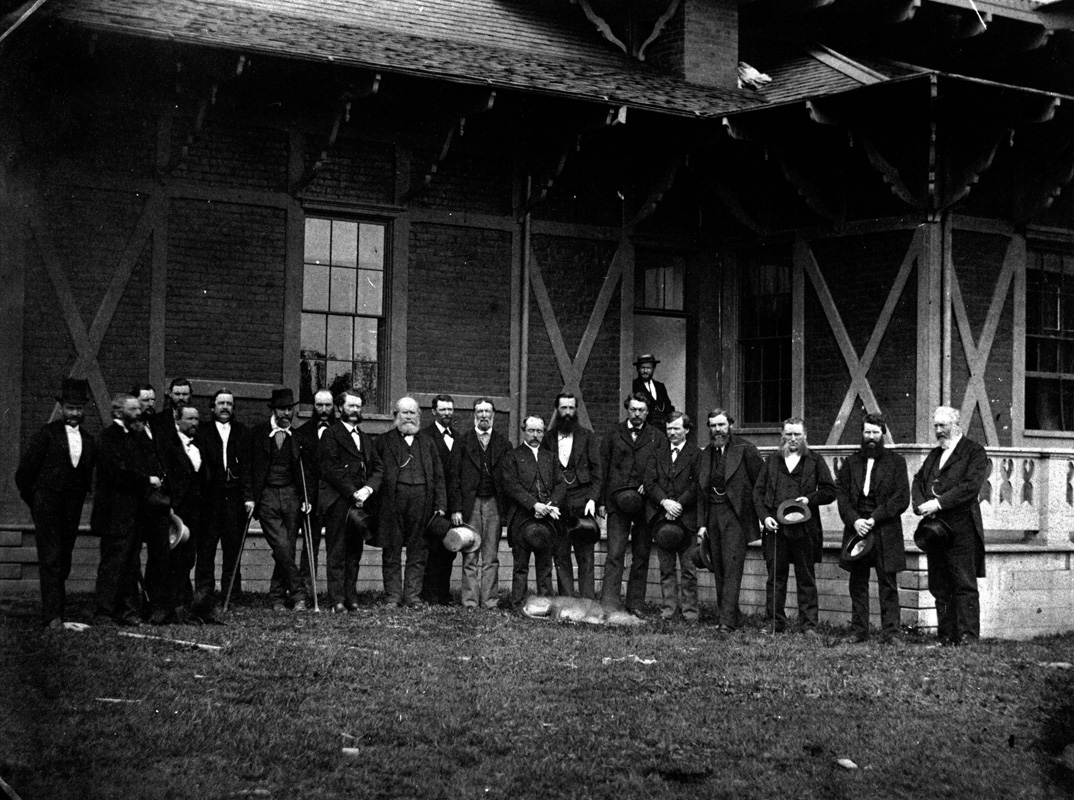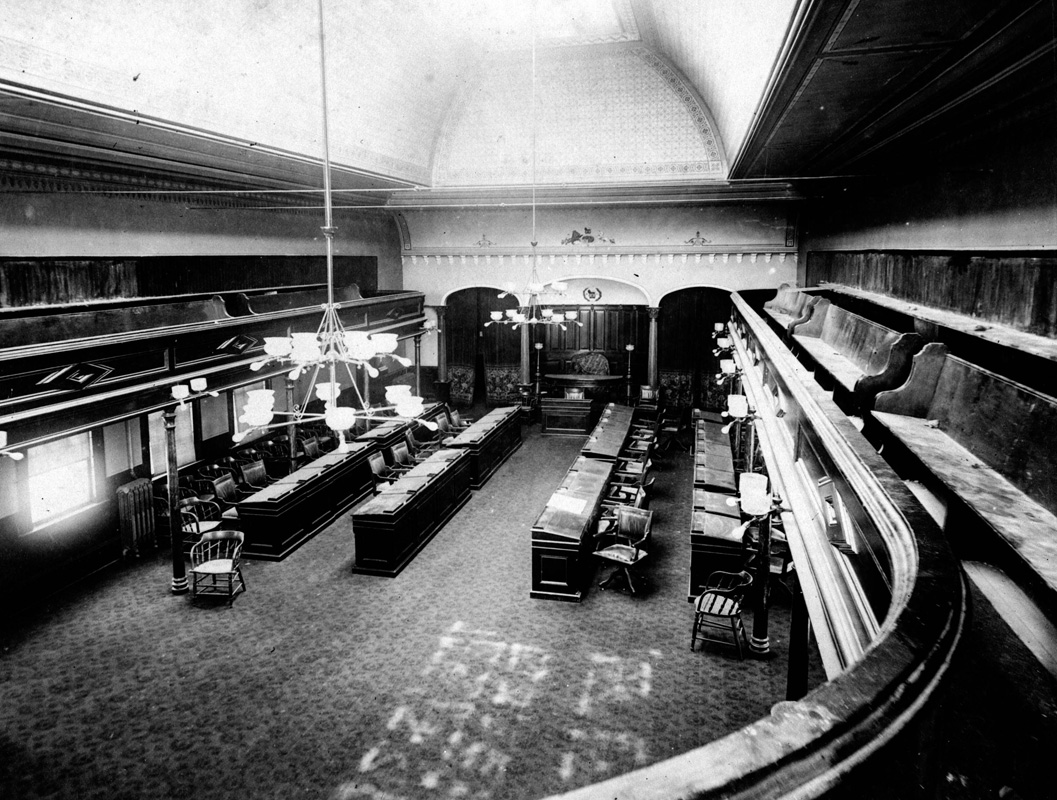Shortly after joining Confederation in 1871, 25 Members were elected to the province's first Legislative Assembly. The polling period started October 16th and ended December 15th in that year. Under the British North America Act, 1867, the Canadian Governor General, on behalf of the British Crown, appointed a B.C. Lieutenant Governor, Joseph Trutch, who then called upon one of the elected Members of the Legislative Assembly (MLAs) to form a government.
John Foster McCreight became B.C.'s first Premier. He resigned in 1872 after a vote of non-confidence indicated that he had lost the support of the Members of the Legislative Assembly. In recognizing the need to have the support and confidence of the newly elected Legislative Assembly, McCreight's resignation validated the existence and principles of responsible government.
Amor de Cosmos, who had objected to the Lieutenant Governor's attendance in McCreight's Cabinet meetings, replaced him as the next Premier. De Cosmos believed these meetings should be for elected representatives only. According to legend, de Cosmos refused to conduct Cabinet business until the Lieutenant Governor left the room, thereby allowing only Cabinet ministers to discuss the affairs of the province without worrying that Lieutenant Governor Trutch, who had close ties to the federal government and held many strong opinions on provincial legislation, would seek to influence their discussions. The refusal to undertake Cabinet business if the Lieutenant Governor is in the Cabinet Meeting Room remains a tradition in B.C., although the role of the Lieutenant Governor has - at least for the past 100 years - been very distant from internal discussions of Cabinet.
Like many of the powerful political figures during colonization, both Joseph Trutch and Amor de Cosmos continue to be associated with a legacy of racism in British Columbia.
As B.C.'s Chief Commissioner for Lands and Works, and then as its first Lieutenant Governor, Trutch believed in the "superiority of the British" over other races, and held considerable contempt for Indigenous peoples throughout B.C. Using his powerful roles, Trutch reduced the size of Indigenous reserves to allow for greater colonial settlement of the valuable agricultural lands held by many Indigenous communities. His actions ultimately led to many disputes between Indigenous governments and the province, and contributed greatly to an eroding trust between Indigenous communities and settler governments.
In comparison to Trutch, de Cosmos had a lesser impact on the overall affairs of Indigenous-settler relations, but he nonetheless held many of the racist views that were prevalent during the time. De Cosmos, both as a newspaper owner and politician, publicly criticized Chinese migrants and Indigenous peoples alike for their perceived "inferiority." Like Trutch, de Cosmos also believed Indigenous reserves were limiting colonial settlement and should be reduced in size for the benefit of colonization.
